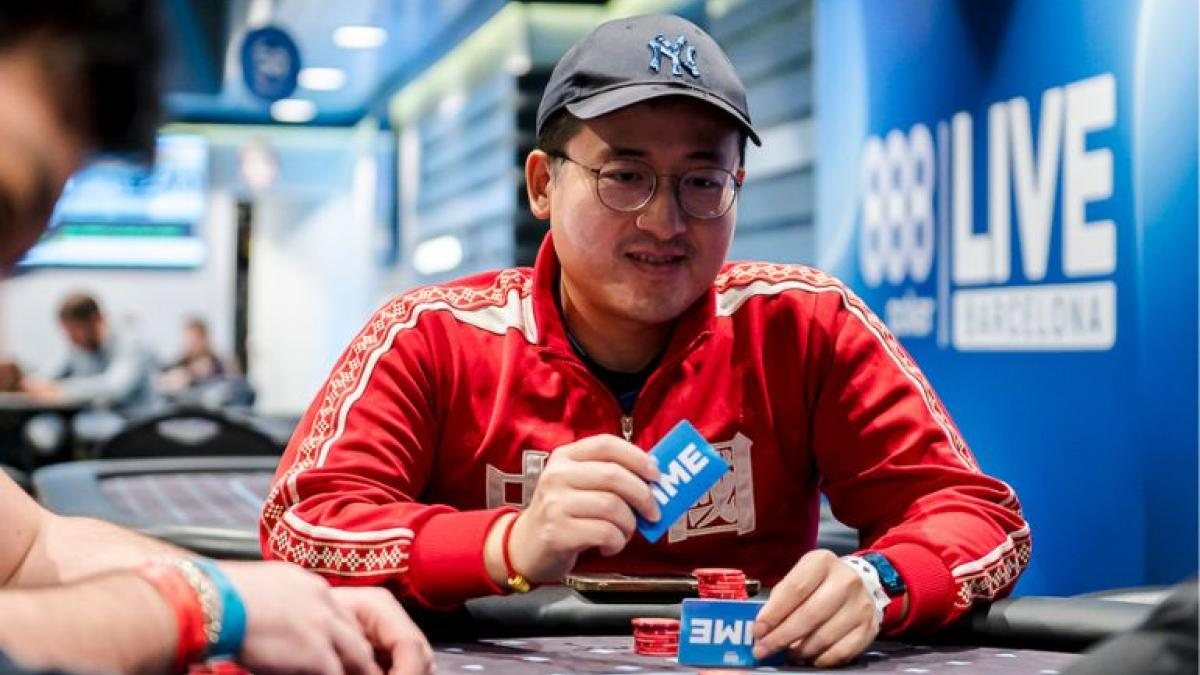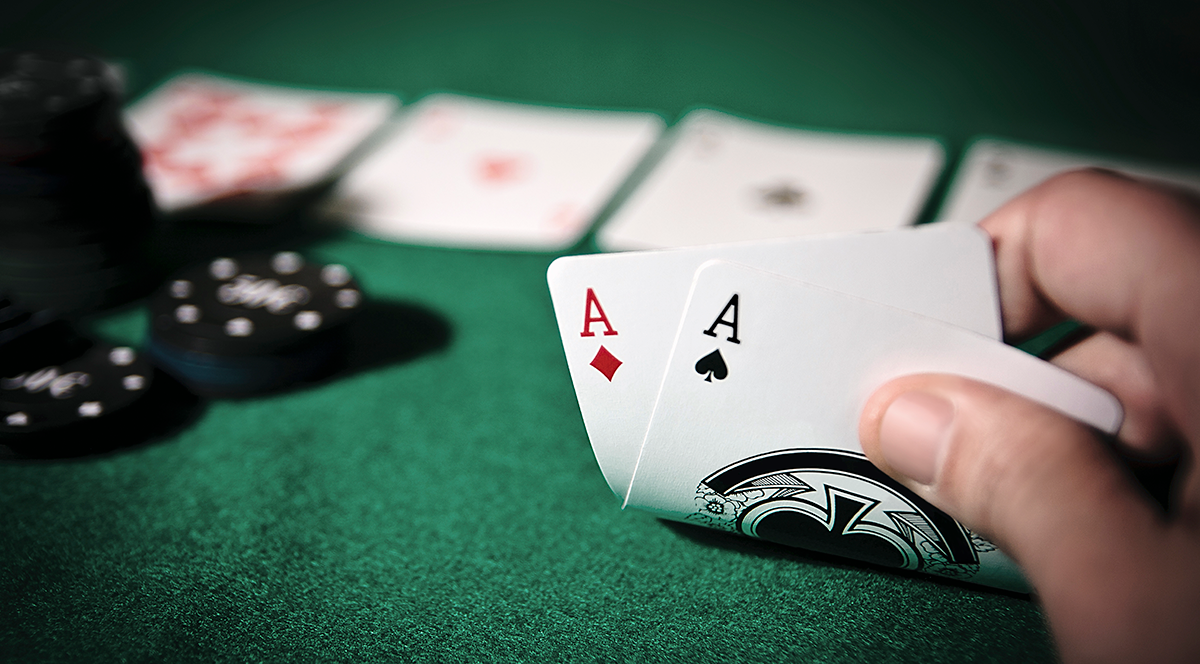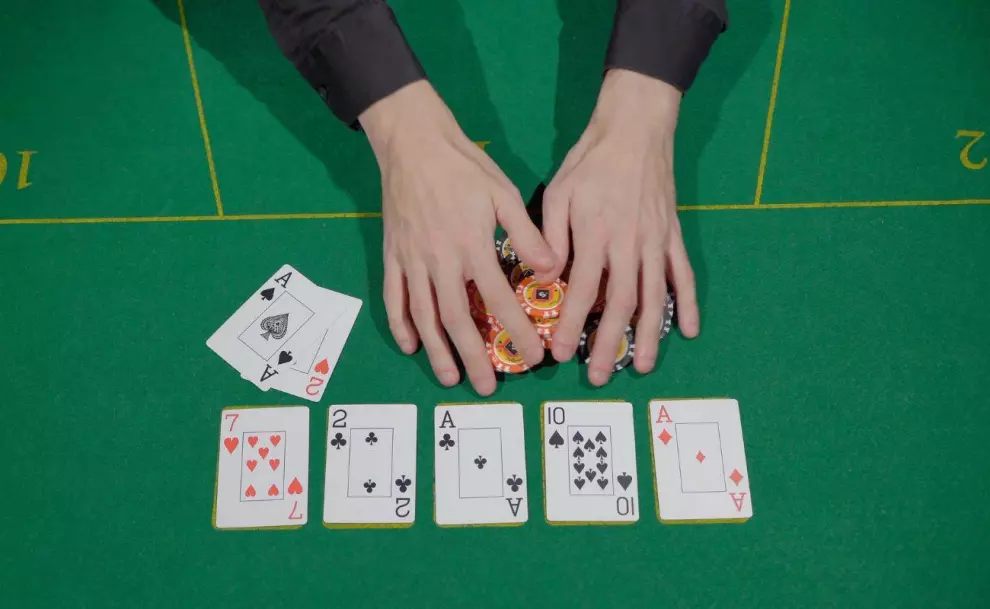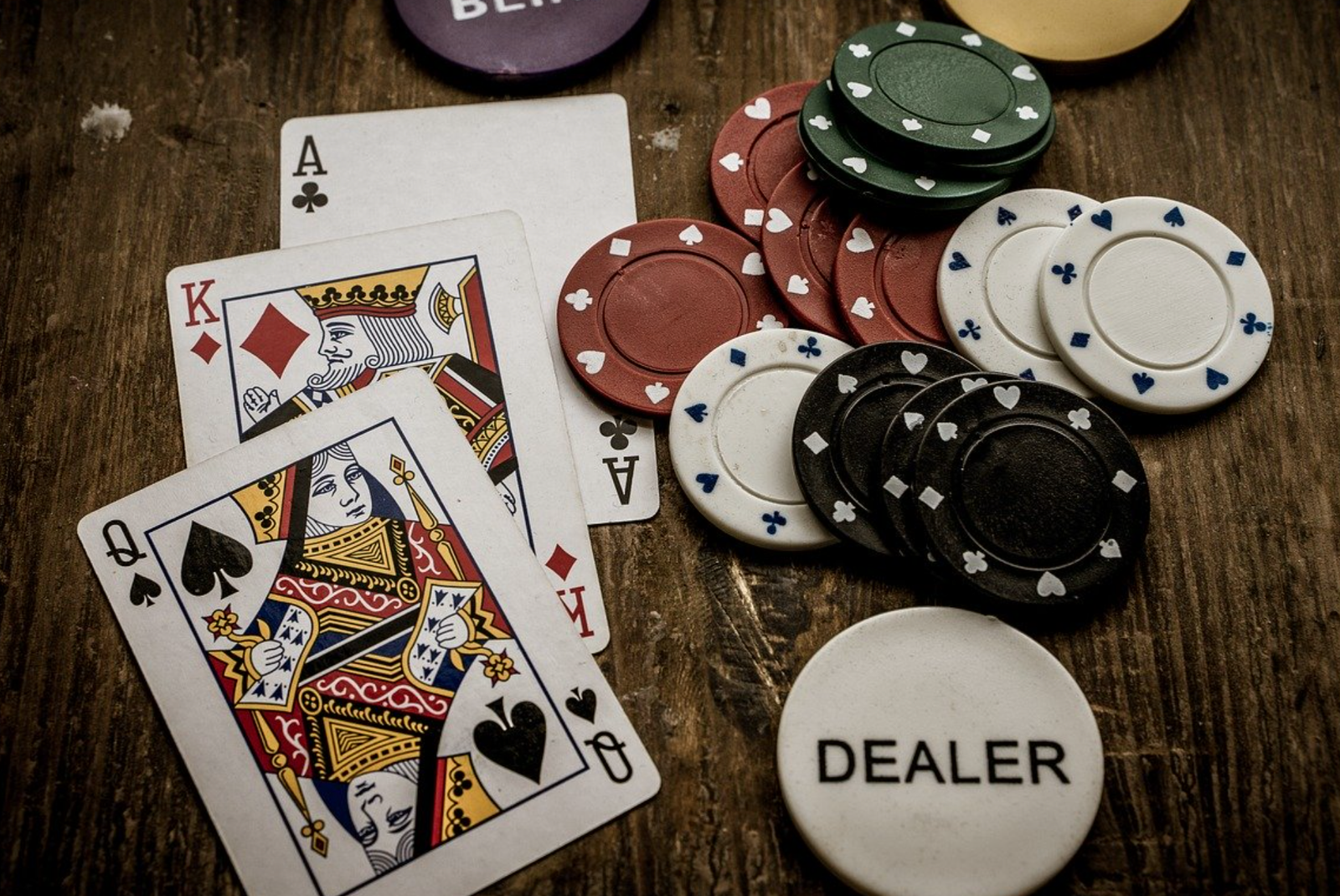Poker, a game of skill and strategy, has captivated millions worldwide. While many play for fun, a select few rise to professional ranks. Their success isn’t mere luck; it results from specific practices and habits. This article delves into five distinguishing actions of professional poker players, setting them apart from amateur enthusiasts. Understanding these nuances allows one to elevate their game and approach the table with renewed confidence. Let’s explore these differences.
Emotional Control
In pro poker, being emotionally balanced is key. Unlike beginners who react based on feelings, seasoned players display level-headedness in their moves. They ensure such actions are rooted in well-thought strategies rather than impulsive urges. This emotional management stops them from reckless choices during high risk situations. For example, bad cards or past defeats won’t influence their future performances. Professionals comprehend that revealing emotions can hand over crucial intel to rivals.

Moreover, mastering one’s emotions can lead to successful bluffing like a poker pro. By maintaining a consistent demeanor, professionals can mislead their opponents, making them believe they have a stronger or weaker hand than they actually do. In essence, emotional control isn’t just about keeping feelings in check; it’s a strategic tool that can make or break a game.
Strategy Mastery
Poker isn’t just about understanding the basic rules. Professionals advance by having comprehensive strategies for every move. Unlike beginners who depend on luck, seasoned gamblers delve deep into the specifics of the game. They understand patterns and probabilities, and usually have plans to match distinct opponents. For instance, they can change their play style depending on an opponent’s observed weaknesses over several rounds.

https://img-c.udemycdn.com/course/750×422/496960_716a_5.jpg
They also recognize the importance of position at the poker table, using it to control the game’s flow. Furthermore, professionals continually update their strategies, learning from both victories and defeats. They might even engage in mock games, simulating different scenarios to refine their tactics. This dedication to strategy mastery ensures that every decision maximizes their chances of success.
Discipline and Patience
A professional poker player’s success often hinges on two lesser-acknowledged qualities: discipline and patience. The prospect of short-term gains may be enticing to some, but seasoned players recognize the merits of biding their time. They avoid getting entangled in every promising gamble, knowing well that rash actions can result in heavy losses. Therefore, they show restraint and might even consecutively bypass several rounds if those don’t match with their plan.

Discipline ensures they stick to their game plan, even when faced with adversity. It prevents them from deviating from their strategies due to emotions or external pressures. For instance, an amateur might try to recoup losses quickly after a series of losses, risking more than they should. A professional, with their disciplined approach, would remain steadfast, trusting their strategy and waiting for a favorable opportunity. Discipline and patience combined to act as a protective shield, safeguarding professionals from the pitfalls that ensnare less experienced players.
Risk Management
Risks, intrinsic to both poker and life, are unavoidable. However, risk management is where experts distinguish themselves. The prospect of a significant victory can tempt novices while professionals undertake scrupulous assessments. In every scenario, they balance potential gains against risks so as not to compromise their standing unwisely. This doesn’t imply avoidance of taking opportunities but rather an embrace of well-judged risks with full knowledge of possible results.

For example, a pro might retire a good hand if the odds seem too steep. They set boundaries to avoid surpassing their allotted stake, no matter how the game advances. At its core, risk management equals informed choices. For seasoned players, this critical ability is refined and enhanced over time for prolonged success in the game.
Continuous Learning
The world of poker is ever-evolving, and to stay ahead, continuous learning is imperative. Professional players understand that resting on past laurels can lead to stagnation. Unlike amateurs who might play based on a fixed set of tactics, professionals are always on the lookout for new strategies and insights. They study emerging trends, analyze their games, and even learn from their opponents.

They learn through workshops, books and coaching sessions. Feedback is another important tool for them, gathered through self-reflection and interaction with peers. Such commitment to constant learning equips them to stay competitive – readily adapting and innovating, ever-prepared to take on challenges or harness potential opportunities.
Conclusion
Poker is profoundly influenced by skill, strategy, and mindset. While many enjoy it as a pastime, professionals distinguish themselves through emotional control, strategy mastery, discipline, risk management, and an unending thirst for knowledge. These attributes not only elevate their game but also offer lessons applicable beyond the poker table. For those aspiring to professional ranks or simply seeking to enhance their game, understanding and embodying these principles can pave the way to success.
